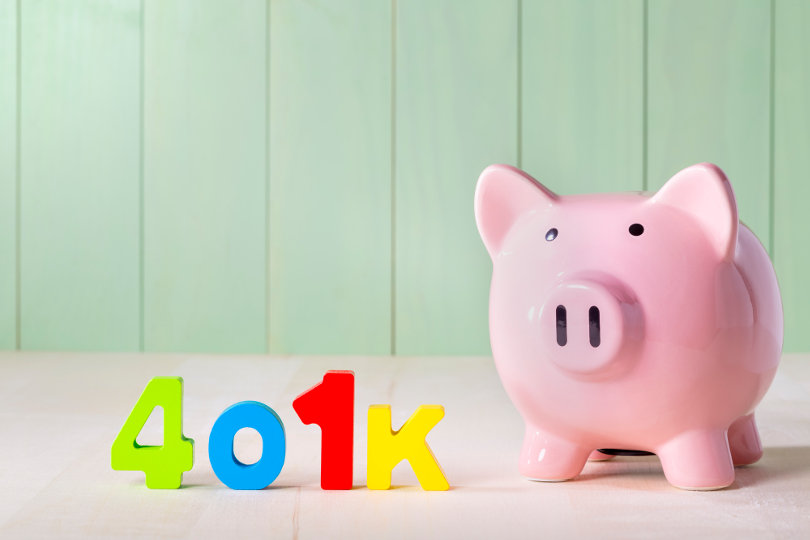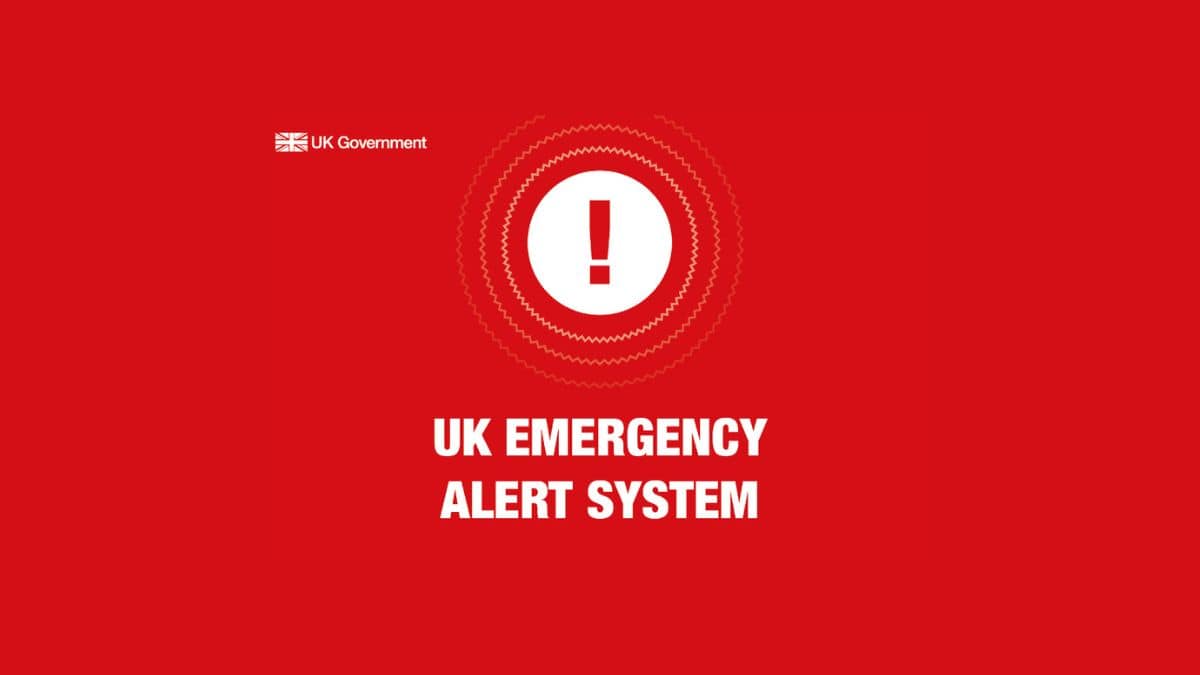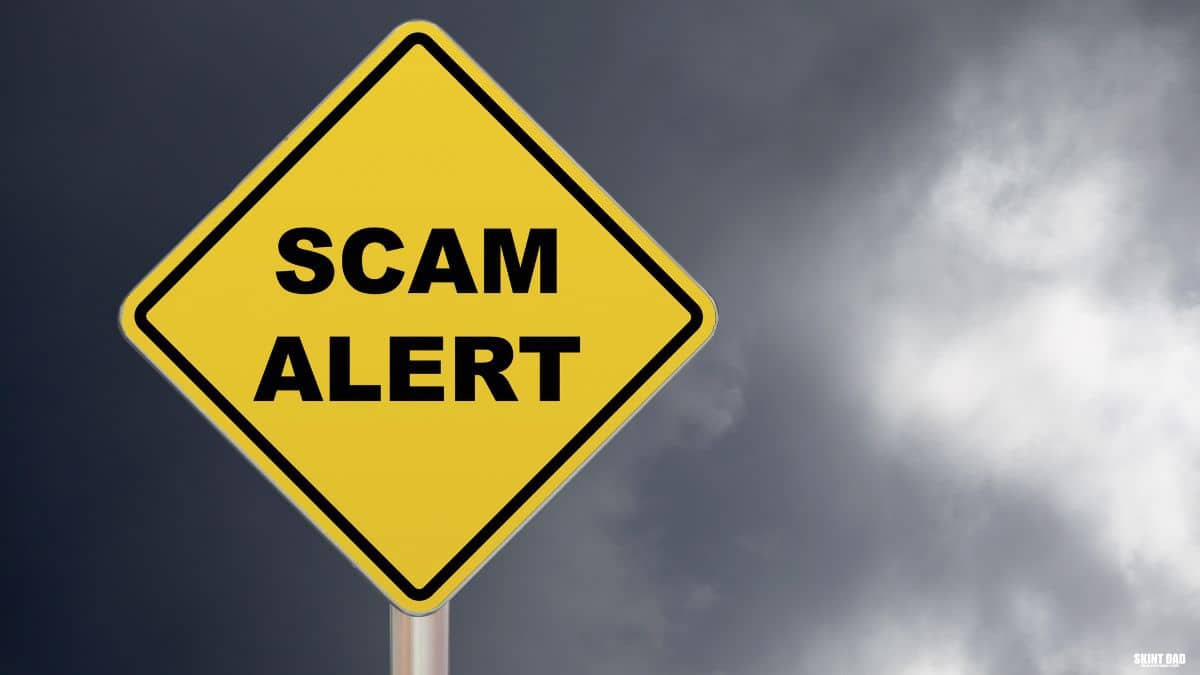
One of the biggest challenges small business owners and self-employed professionals face is saving for retirement. While employed professionals often have specific and established retirement options through their employers, funding a retirement plan as a small business owner or sole proprietor isn’t as clear-cut.
However, there are several ways you can save for retirement in addition to the traditional 401(k). Here are several options for saving for retirement as a small business owner, even if you’re a sole proprietor.

Simplified Employee Pension (SEP) IRA
A Simplified Employee Pension (SEP) plan is an individual retirement account (IRA) that you can set up as a self-employed individual. You’re allowed a tax deduction for the contributions you make to a SEP IRA, and your business doesn’t have to pay taxes on the investment earnings. As a small business owner with employees, establishing a SEP IRA for eligible staff can also be beneficial, as you can still deduct contributions you make to each employee’s account. When covering eligible staff, the term “employee” also extends to you as long as you receive income from your business.
Another advantage to SEP IRAs is that you’re not obligated to make contributions every year. This means that you can determine each year how much to contribute to your employees’ accounts and whether to contribute at all. You may also be eligible for up to $500 in tax credits over the first several years to cover the costs of starting your SEP plan.
Savings Incentive Match Plan for Employees (SIMPLE) IRA
A Savings Incentive Match Plan for Employees (SIMPLE) IRA lets you contribute to traditional IRAs that you establish for yourself and your staff. SIMPLE IRAs are available to just about any small business with 100 or fewer employees. Your employees may also contribute to SIMPLE IRAs. For employers who aren’t able to sponsor traditional retirement plans, SIMPLE IRAs make an ideal way to save for retirement. One of the biggest advantages of a SIMPLE IRA is that it can provide a substantial source of retirement income by enabling you and your staff to set money aside in a retirement account.
SIMPLE IRAs also don’t come with the same costs to start and maintain as a traditional retirement plan does. Small business owners with employees are typically required to contribute every year in one of two ways, either by matching employees’ contributions up to 3% of the compensation or by a 2% non-elective contribution for each eligible staff member. Employees can also contribute a portion of their salaries to their SIMPLE IRAs, but this contribution can’t exceed $15,000.
Fixed Annuities
If you’re self-employed and the sole proprietor of your business, a fixed annuity can offer a potential approach to saving for retirement. With fixed annuities, self-employed individuals can build up and then convert their savings into a reliable stream of payments during retirement. There are several types of annuities, with fixed annuities being an accessible option for self-employed professionals.
A fixed annuity is a type of insurance contract that allows you to contribute a certain amount, where the insurance company agrees to pay you a fixed interest rate over a specific period of time. Fixed annuities provide a level of security with predictable income payments during retirement. It should be noted that there may be penalties if you decide to withdraw from your savings early.

401(k) Plans for Small Businesses
Small business owners and sole proprietors also have the option to set up independent or solo 401(k) plans. An independent 401(k) establishes a retirement savings account for small businesses and is an ideal choice for sole proprietors and independent contractors. With a solo 401(k), you’re the employee and the employer. This means the only eligible participants are the business owner and their spouse if the spouse is also employed within the business.
A common misconception about the independent 401(k) is that it’s only available to sole proprietors or self-employed individuals. In reality, any small business can establish an independent 401(k), provided that the only eligible plan holder is the business owner. Because of this, some businesses may find it more beneficial to consider alternative retirement options, like fixed annuities or various IRAs.
Saving for retirement as a small business owner can be challenging, but with the options available, you can determine the best way to set up and secure your finances. Depending on the size of your business and your eligibility, these retirement options can provide an ideal starting point.







